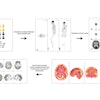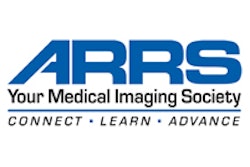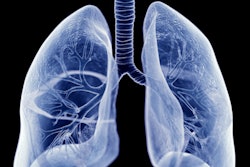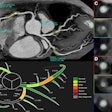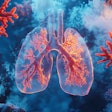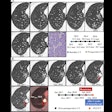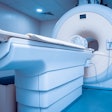Dear CT Insider,
May 8 through 14 is the American Lung Association's Lung Cancer Action Week, and we have plenty of reportage about using CT to screen for the disease and monitor treatment.
CT has long been the gold standard for evaluating lung disorders, and in small animal studies, its "miniaturized" version -- micro-CT -- has been shown to be an effective way to track lung disease progression and monitor the performance of new drugs for pulmonary disease. But processing this image data can be time-consuming and subject to operator bias.
In this edition's Insider Exclusive, we're highlighting a study published in Respiratory Research that describes a way to address this problem by combining micro-CT with a deep-learning algorithm -- which Italian researchers say results in a 45-fold decrease in time needed to analyze the imaging dataset.
Once you've read that story, take a look at our coverage of the recent American Roentgen Ray Society meeting, including an overview on the state of lung cancer screening today and how photon-counting CT offers additional benefits in the context of lung cancer screening -- specifically, the opportunity to assess a person's coronary artery calcification level. Then check out our reporting on how radiologists should deal with incidental findings on low-dose CT lung cancer screening, a study that explores whether these findings are being adequately tracked, and how CT body composition assessment can help clinicians assess a person's lung cancer prognosis.
Finally, don't miss our articles on why patients who present in the emergency department and undergo advanced CT and MR imaging with both iodine- and gadolinium-based contrast are at higher risk of postcontrast acute kidney injury and how PET/CT imaging can improve survival outcomes in women with inflammatory breast cancer when used as an initial staging approach rather than ultrasound.
CT is a powerful screening and diagnostic tool. Keep current on its many benefits by visiting our CT Community regularly, and if you have CT-related topics you'd like us to consider, please contact me.




